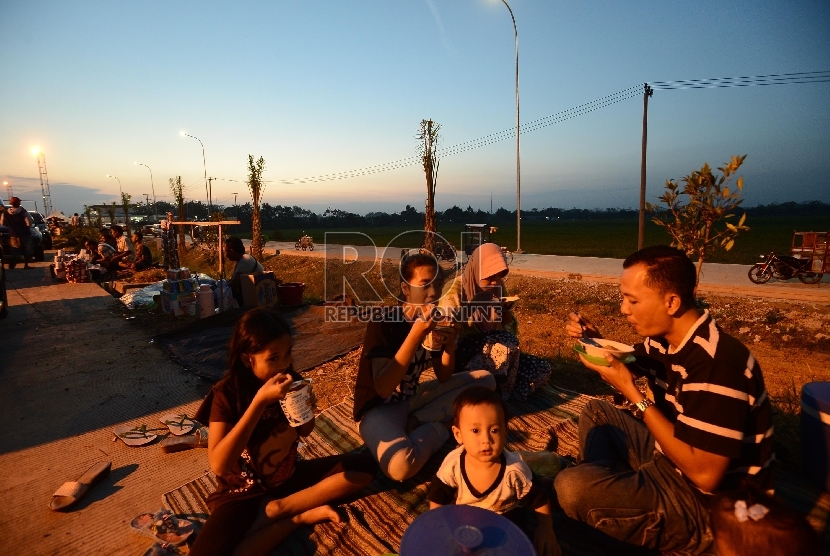REPUBLIKA.CO.ID, JAKARTA -- The country needs around US$450 billion to finance its infrastructure projects in the next five years.
The infrastructure projects include 24 strategic ports, 1,000 kilometers of new toll roads, and power plants with a total capacity of 35,000 megawatts.
The state budget would not be enough to meet the requirement, therefore, partners are invited to cover the funding gap, Andrinof Chaniago, minister for national development planning and head of the National Development Planning Board (Bappenas), said.
"We are aware that it is not easy to provide adequate infrastructure on a number of hurdles including the funding gap and high logistic costs," Andrinof said addressing the closing of UK-Indonesia Business Forum here on Tuesday.
However, Indonesia has high confidence that it could invite investment partners to help finance the country's development projects, he said.
The optimism is based on the fact that Indonesia is a huge market with population of around 250 million or the fourth largest in the world, he said.
In addition, Indonesia is rich in natural resources such as gas, coal, gold and marine resources, he said.
"That is why we are confident in setting a high target for the country's economic growth in 2016," he said.
In the next five years, the government would be focused on human resources development, promoting equality, energy security, maritime, tourism and manufacturing development, he said.
On Monday, the minister said the government hopes to accelerate implementation of infrastructure projects in 2016.
Planning studies would be wrapped up in the second half of 2015 on infrastructure projects for implementation in 2016, he said.
Tenders and construction, therefore, could start earlier in 2016, that hopefully, there would be no more delay in project implementation in 2016, he said.
The government would issue a presidential regulation giving greater authority and responsibility for Bappenas in the planning studies.
Under the plan, the government would carry out planning studies and fully prepare all documents needed by projects to be ready for tender and implementation in the following year.
The planning studies include feasibility study , land clearing and technical details of projects.
Documents to be prepared include land certification, and analysis on environmental impact (Amdal).
"Starting in 2016, every start of year tender would be ready for infrastructure projects. There would be no more preparatory work for the project to be implemented in the same year," he said.
He said there is a budget of Rp1 trillion available set for planning studies to be added to the budget of Bappenas.
Lack of economic stimulus has been believed to be one of the factors causing slowdown in the implementation of infrastructure projects.
In 2015, the government set a record budget of Rp290.3 trillion for infrastructure, but it would not help if implementation is delayed, he said.
In 2016 the budget for infrastructure is expected to increase significantly in line with the government's acceleration program.
In the planning studies a number of government agencies including the relevant ministry, the Indonesian Institute of Science, the Study Center for Appropriation Technology and Universities as well as the private sector with Bappenas as the coordinator.


